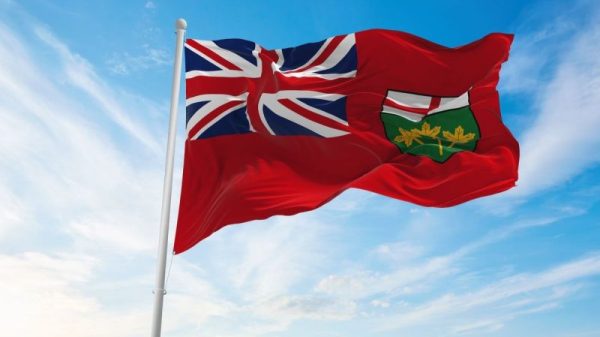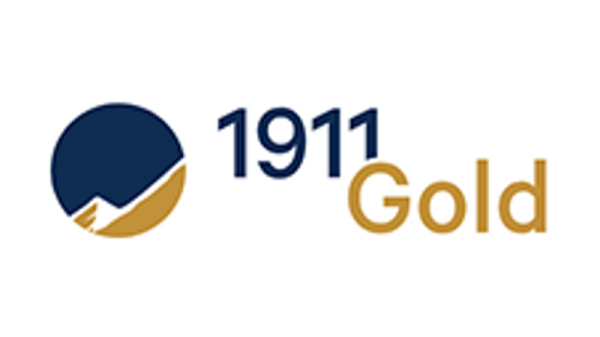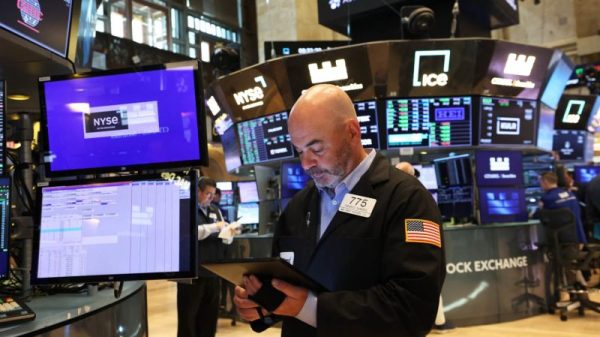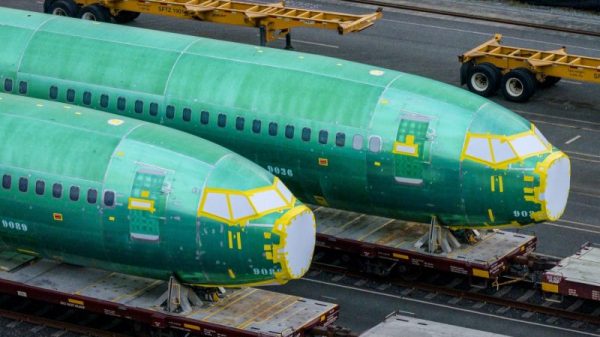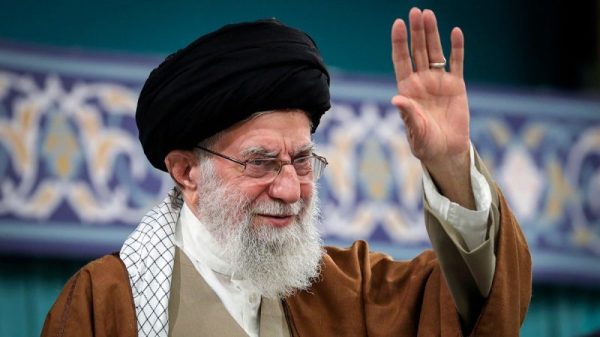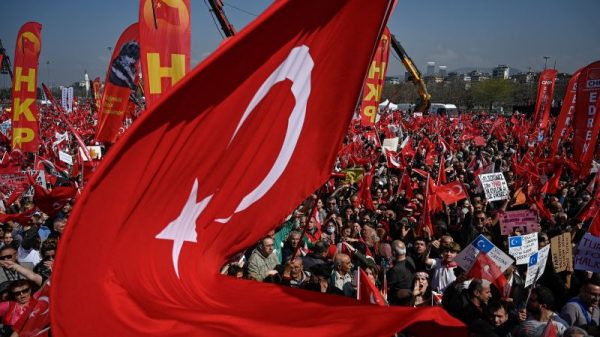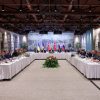Almost five months since Arab states extended an olive branch to Syrian President Bashar al-Assad, there are signs that some key architects of the initiative may be growing skeptical about his commitment to the agreement.
Jordanian Foreign Minister Ayman al-Safadi this week said that trafficking of the addictive amphetamine Captagon from Syria to Jordan has only increased after normalization talks that led to Assad’s return to the Arab League in May.
Syria was kicked out of the Arab League in 2011, following a brutal crackdown by the regime on opposition forces that sought to unseat Assad.
Jordan was one of the biggest proponents of its rehabilitation, being one of the main victims of Syria’s drug trade, but it feels now that the regime is either unwilling or unable to clamp down on the trade.
“Jordan is fighting on the border to make sure drugs do not get into the country,” the king was cited as saying last week by Al-Monitor. “Bashar (al-Assad) does not want a conflict with Jordan… I don’t know if he is fully in control.”
One of the key demands Arab states made of Syria in exchange for rehabilitation is that Assad help crackdown on trade in Captagon. The vast majority of its global supply in the $57 billion Captagon industry is believed to come from Syria, with neighboring countries and the Gulf region being its primary destination.
The trade has turned Syria into a narco-state that has allowed the Assad regime to replenish its coffers after years of war and sanctions and given it enormous leverage over its neighbors, and has been partly responsible for bringing them to the negotiating table with Assad.
In another possible sign of Arab disgruntlement with Assad, the Saudi-owned Asharq al-Awsat newspaper reported this month that the Arab ministerial committee tasked with overseeing Syria-Arab normalization froze its meetings with Damascus due to a lack of response to the roadmap drawn up to normalize Arab-Syrian ties.
Emile Hokayem, director of regional security at the International Institute for Strategic Studies (IISS) in London said it’s no surprise that Syria’s reintegration efforts hit a wall.
In an interview with Sky News Arabia last month, the Syrian leader appeared confident and suggested that he was in no hurry to reconcile with neighbors until they changed. He blamed the lack of progress on normalization with Arab nations on the incompetence of Arab politics. Arabs, he said, are good at “optics” but not “implementation.”
Drug trafficking worsens with war, Assad said, and so the responsibility of the Captagon problem in Syria falls on the “countries that contributed to the chaos in Syria, and not the Syrian state.” He added that it was Syria, and not its Arab neighbors, that proposed to resolve the drug crisis as it is “mutually beneficial” to do so.
Experts have said that the process for Syria’s rehabilitation has been flawed.
“The problem is that there isn’t actually a mechanism for accountability in terms of the normalization initiative,” said HA Hellyer, scholar at the Carnegie Endowment for International Peace.
Booming Captagon trade
The Captagon trade is booming, Jordan says, with traffickers using increasingly advanced technology to smuggle the amphetamine out of Syria and into neighboring countries.
“The Syrians promised to work on that challenge with us, but the situation on the ground continues to be extremely challenging,” Jordan’s Foreign Minister Ayman al-Safadi said. “We see an increase in the number of operations and accordingly, we’re doing what we have to do.”
Safadi described the Captagon trade as a “highly organized operation,” where drug traffickers “have access to very advanced technology” including drones and night vision. For every two or three busts, Safadi said, another two or three make it through the border.
Jordan, which shares a 378-kilometer-long border with Syria, sees instability with its neighbor as detrimental to its own national security.
Gulf states and Jordan routinely report drug busts, with massive amounts of the drug found in everything from building panels to baklava shipments.
This month, the United Arab Emirates said it foiled an attempt to smuggle 13 tons of Captagon – worth more than $1 billion – hidden in a shipment of doors and decorative building panels. Jordan’s armed forces routinely shoot down drones flying in from Syria and carrying amphetamines.
Experts say that both ends of the Arab-Syria normalization pact are failing to meet each other’s expectations. Assad may not have found a powerful enough incentive to give up his lucrative drug trade. And what he wants may prove difficult to deliver.
“What Assad always wanted was not something that the Arab states could or would offer: unconditioned political support, massive financial assistance, as well as Arab pressure to lift Western sanctions,” Hokayem said.
Arab states may now find themselves backed into a corner.
“Their margin of maneuver is limited,” Hokayem said. “Direct, straightforward coercion is off the table, and several countries don’t care enough to spend effort and political capital on Syria,” he said, adding that Assad’s stubborn politics may even lead “some countries to simply cave.”



